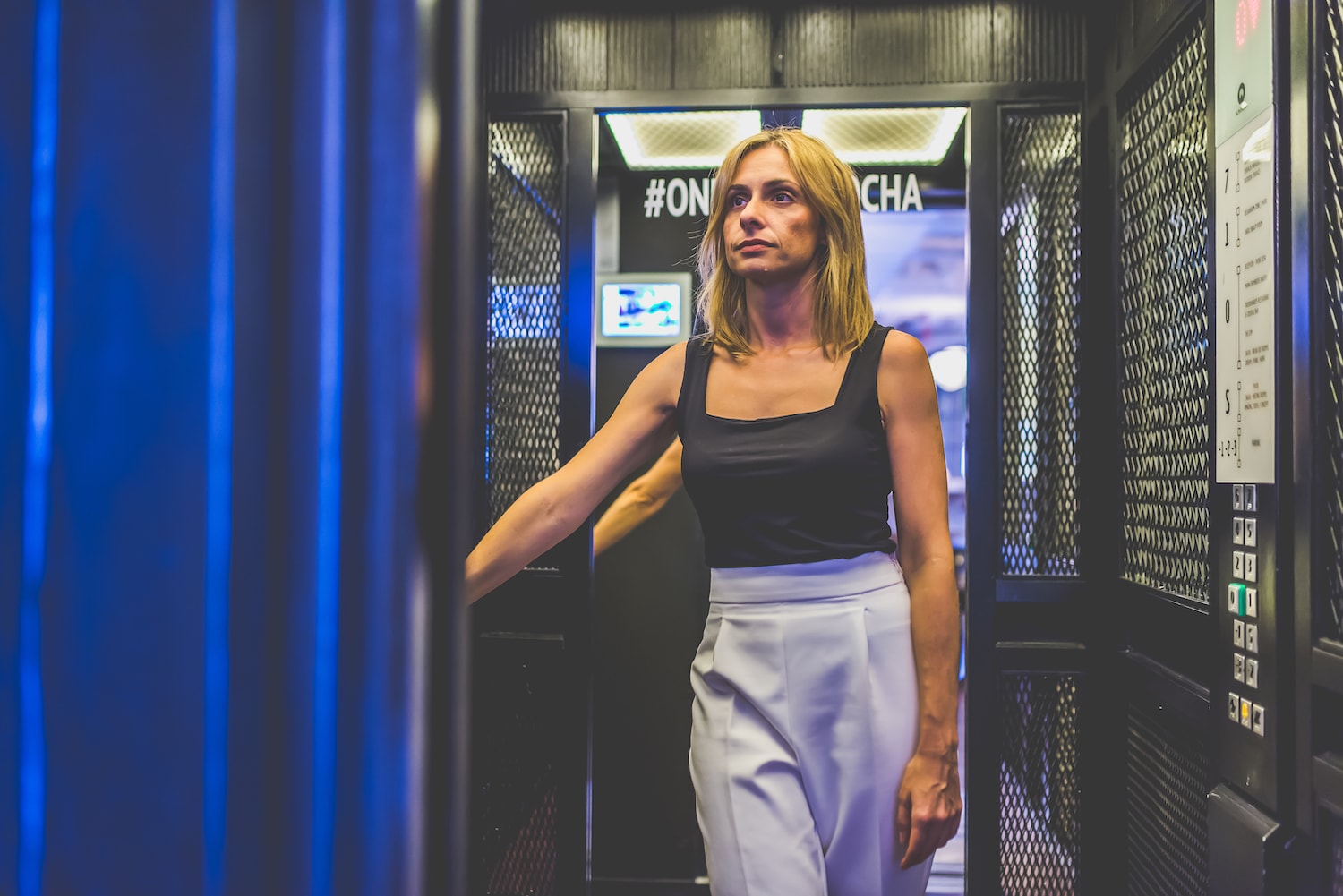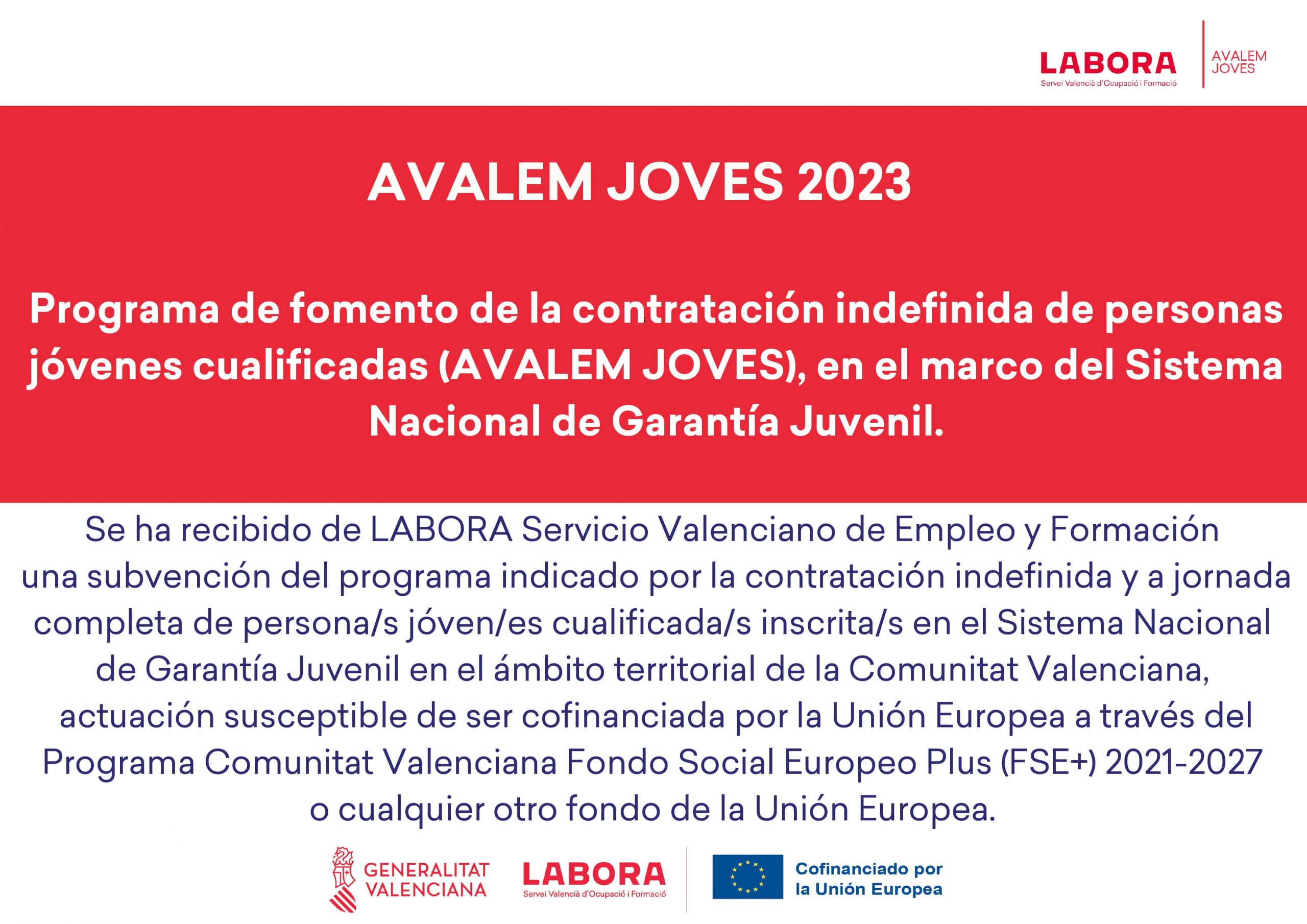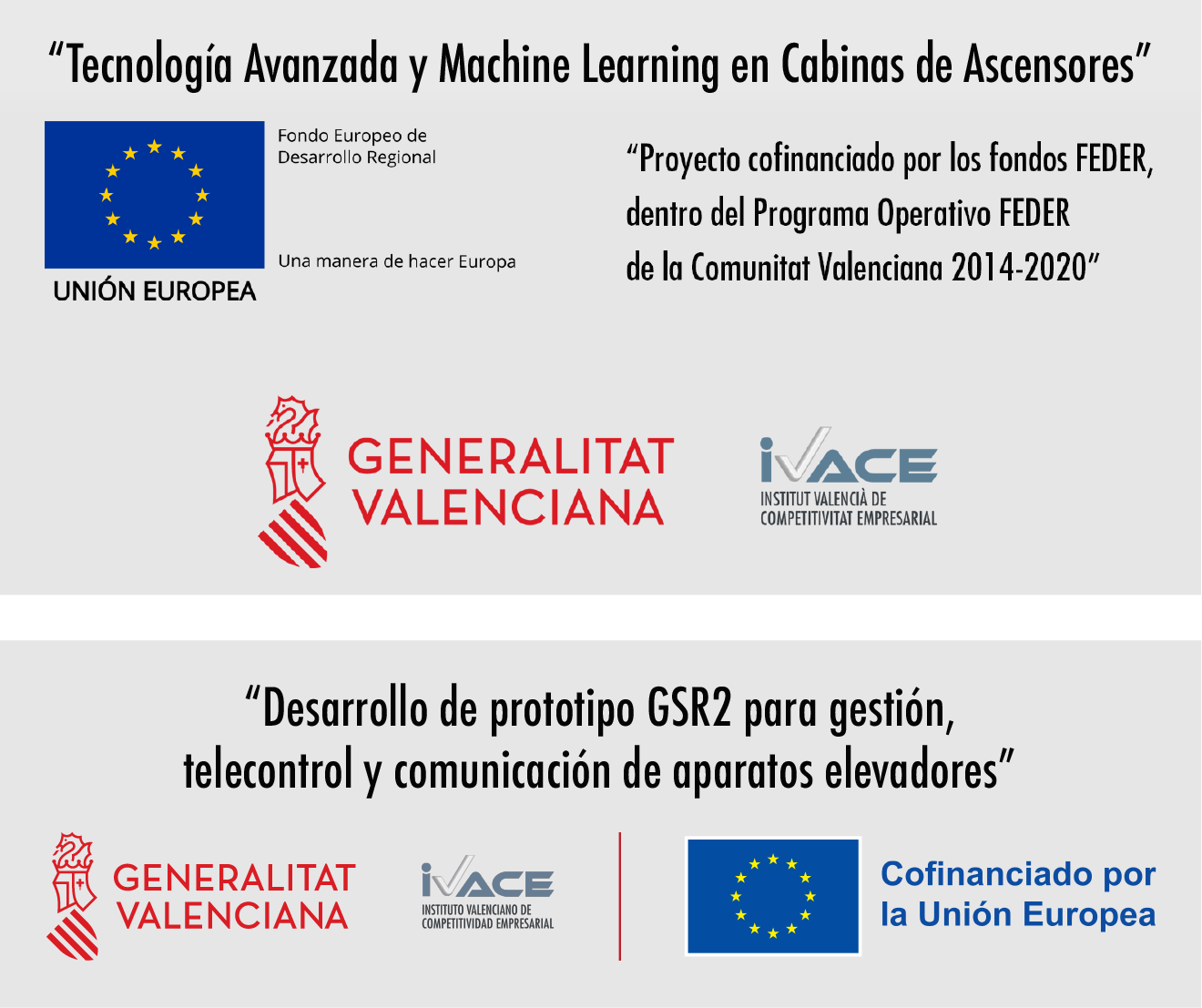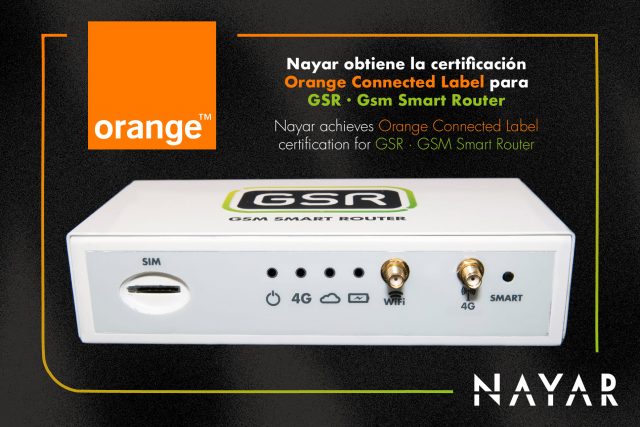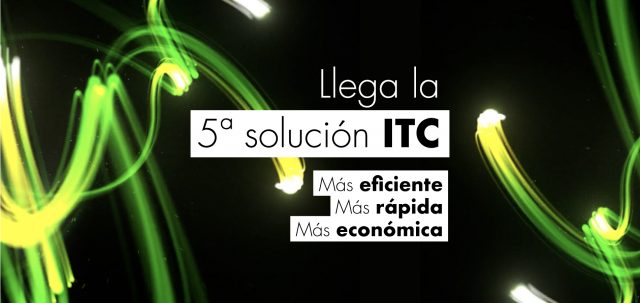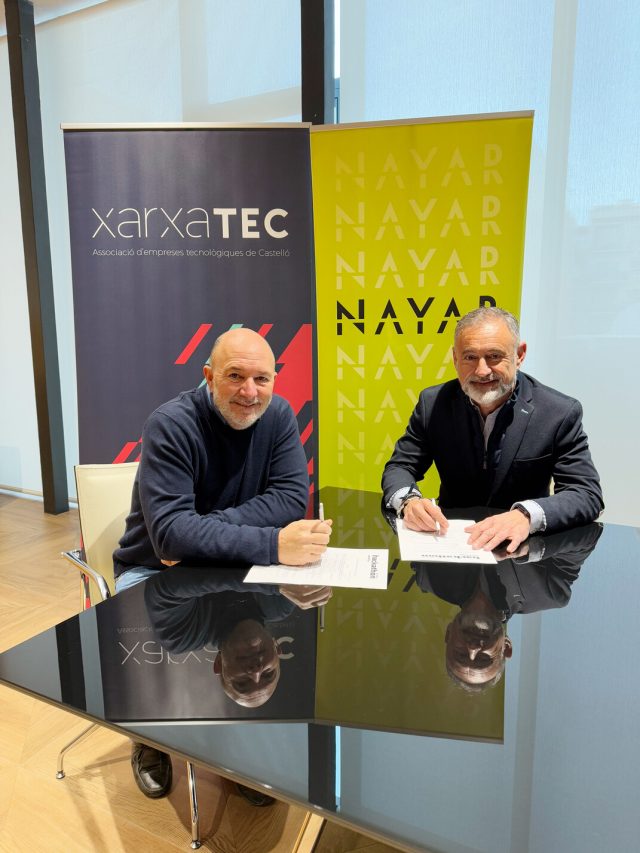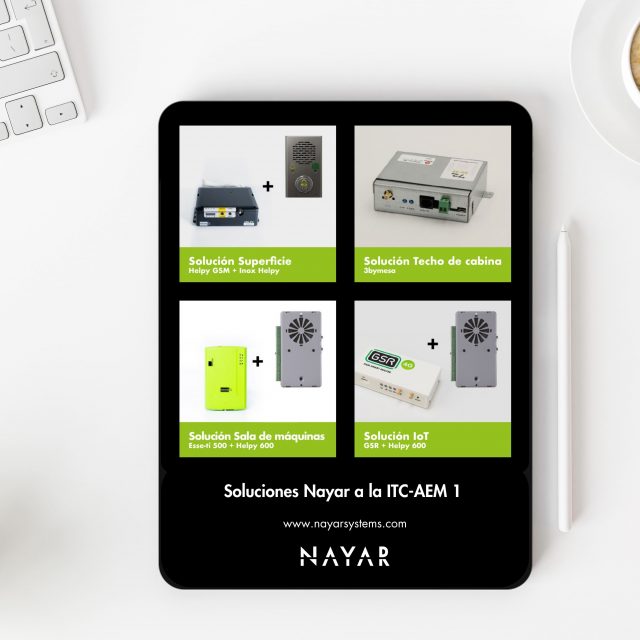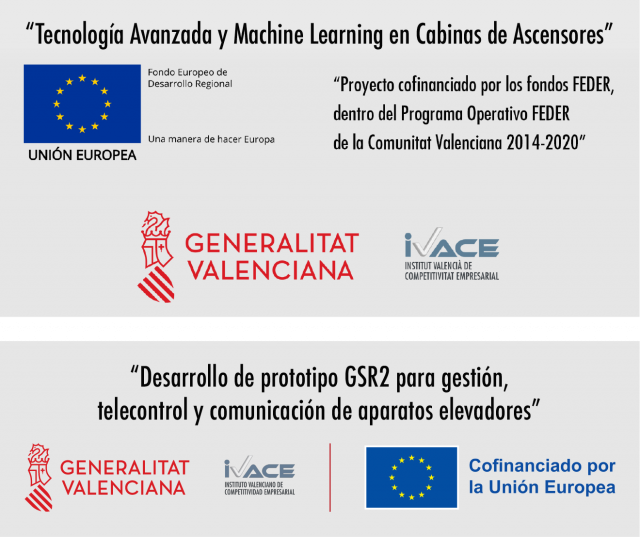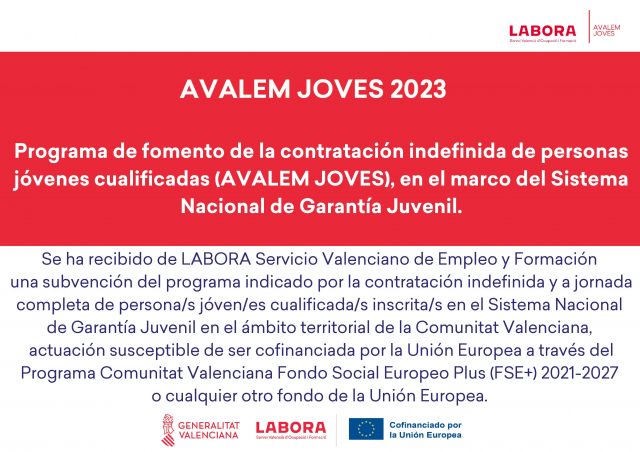Why did you study to work in the field of science and technology?
Well, simply because I liked science. It is not something I saw or lived with up close at home, because there were no engineers in my family, but when I was in high school I took a wrong decision that made me realise clearly that I would study science. My mistake was choosing subjects that were, let’s say, mixed instead of pure. Two weeks into the school year I realised that I had made a mistake, it was all so boring and no challenge at all. I asked the school administrators to let me change, but they told me it was too late… only two weeks after starting. I paid a heavy price for my mistake: I had to pass the subjects I had chosen and at the same time, using notes borrowed from other students, some other pure classes whose teachers allowed me to attend, on the condition that their classes did not interfere with my official ones, and with the help of a private teacher at home, I also passed Physics, Chemistry and Math. Those subjects I did find fun to study. This allowed me to get on the right track for the next school year. I made a mistake, but I reacted quickly enough and had the will to change. No, it was not too late.
Then you grow more mature and you choose the subjects that truly satisfy you. I had the good fortune to study in France and there you do not need to choose your major from the first year. The first two years are common to all and this allowed me to better get to know all the fields and thus to know what I liked and what I did not.
How did you get the opportunity to start working for a big multinational like Schindler?
At university we had an exam in which we were faced with a problem that had to do with an elevator. The teacher of that subject would always encourage us to do some research on companies related with the sector of the exercises and problems he would give us. That is how I first heard the name Schindler. When I graduated, 3 years later, I started looking for work and the name, which had been burned into my memory, came up. I looked up their history, values and economic situation on the Internet. They called me a few weeks later, I passed the requisite exam, and here I am, 13 years later.
From your extensive experience in other countries, since your studies in France and Italy, or your long professional career in Switzerland, what do you think are the most noteworthy strengths and weaknesses of the Spanish elevator sector in comparison with other European markets?
Regarding strengths, the Spanish elevator pool is one of the largest in Europe because here we basically live vertically. In addition, the construction sector is very important, and this is essential for the elevator sector. As for weaknesses, I would highlight that during the crisis priority has been given to cost over quality. This is to Schindler’s detriment, because quality runs in our blood, and in fact, during these crisis years we have kept raising our quality and security standards. I believe that as a society we will pay a double price for this: first of all, because we do not have installations that function impeccably, and secondly, because poor maintenance will reduce elevator’s lifespan.
What has it been like for you to hold senior-management positions in other countries and in the elevator sector? What obstacles have you encountered?
Obstacles, few. Challenges, several. One I would highlight is cultural differences. There are countries where “yes” in reality means “no”; others where they always tell you “no”, no matter what you propose; and still others where they always say “yes”, which is equally detrimental. Another thing that is more a lesson than a challenge is the need for permanent innovation. This one is essential for the survival of the company. One has to innovate technologically, this is obvious, but it is not all; there is also services, tools, policies, image…
What would you highlight from the years that you spent working in Switzerland as Schindler Technical Director of Europe North?
I will always be very grateful to Schindler for giving me the opportunity to live and work in Switzerland. It was an experience that changed my life, both professionally and personally. I liked it so much that while I originally planned to stay for two years and a half, I ended up staying for six years, and I do not even ski! If I had to choose one word to define my Swiss period, it would be Opportunity. I was given many opportunities there that allowed me to grow professionally. Remember that I lived there for six years, but I did not arrive there as Technical Director of Europe North; that was my last position there, the last two years. I had the good fortune to encounter great professionals and leaders who were key to my career and, why not say it out loud, my life, who pushed me to jump in the pool while taking care that I did not drown.
What did it mean to you, personally and professionally, to return to Spain as Technical Director of Schindler Iberia?
Professionally, a huge challenge. I stepped into the shoes of a magnificent Technical Director who, because of his great work in several positions in the company, both here and internationally, had become General Director. But I also have to say that I had the wind in my sails because I found an excellent team, extremely competent and highly committed, a wonderful boss, a born leader, a very demanding person, with many ideas and willing to do new things in all the areas of the company, and last but not least, magnificent colleagues who worked together as a real team, which is the only way in which great goals can be met. At the personal level, I was returning home, close to my loved ones, after spending 11 of the previous 15 years studying and working abroad.
What are the keys to occupying positions of great responsibility in a multinational company like Schindler, a company that has more than 58,000 employees and operates in more than 100 countries in a sector that is traditionally occupied by men?
The key is the same I mentioned earlier: Opportunities or, in this concrete case, better said, Equal Opportunities. It is what Schindler offered me: they never stopped giving me new challenges or opportunities for professional growth because of my condition as a woman or, let’s state it clearly, a woman of childbearing age. I have been lucky to work in a work environment that values diversity in all its aspects, and I have not, therefore, encountered any barriers to my professional growth in the company.
What do you consider needs to be improved about the role of women in the elevator sector, which is still predominantly male?
The elevator sector has traditionally been a sector predominantly occupied by men. However, as has happened with other sectors, the number of women that work in this sector, often holding positions of great responsibility or even management positions, has been increasing these last years. We need society to be aware that equality needs to continue to grow so that there are ever more women working in these industries. Then it will no longer be viewed as something strange or exceptional, and there will no longer be questions like this one in interviews because it will be a common thing. That will be the day when we, as a society, can say we have overcome this challenge.
How much positive impact do you think does having a well-balanced senior-management team, with regard to the number of men and women, have on both product and process innovation?
Having a diverse team is always a positive aspect for any company. And I am not only referring to gender diversity, but also to diversity in its widest sense, i.e. opinions and points of view, age, different skills. All of this translates positively into a wider variety of ideas and approaches to the different objectives set by the company. Having many different views enriches any organization and allows us to keep evolving and, consequently, innovating.
What are the noteworthy characteristics in the field of IoT and the predictive analysis of Schindler’s elevators and escalators?
The Internet of Things (IoT) is currently one of Schindler’s main investments where innovation is concerned, as can be seen in its strategic alliances with two big partners like General Electric and Huawei. Its application to our sector—the so-called Internet of Elevators and Escalators (IoEE)—will allow us to permanently analyse data that provide updated information on the condition of installations and help us prevent breakdowns. In any case, while the most obvious application of IoT in the elevator world is predictive maintenance, I think that what will really prove disruptive is the new services and business lines that will appear as a consequence of IoT. We will be able to offer our clients services and advantages that neither they nor we could have imagined a few years ago.
What is the objective of implementing the Internet of Things in Schindler’s business model?
At Schindler we work every day to create the next level of mobility. As I mentioned before, the Internet of Things is essential for increasing our equipment’s reliability and thus offering clients and users a more satisfactory experience, but what I would highlight above all is that we will offer new services that will make our clients’ lives easier in all segments, i.e. we will provide more added value.
What IoT-related lines of investigation is Schindler developing in the elevator sector?
The future lines of research go in two directions. On the one hand, there is the more technical direction, which consists of the constant optimization of our equipment and the service we provide, making the fullest possible use of IoEE and using its advantages in the pursuit of safe and efficient mobility. On the other hand, there is the more creative direction, where we think differently, going beyond the traditional elevator industry, looking for new services to offer our clients.
What innovation solutions does IoT offer to a sector where passenger safety is so important?
Our equipment moves more than one billion people worldwide every day, so safety is one of Schindler’s basic values. In fact, IoT makes it possible for us to develop solutions that make elevators and escalators even safer, guaranteeing the correct transportation of their users. Some of the advantages we have obtained applying IoT are more reliable monitoring, advance and detailed data analysis, and the possibility of performing remote checks. All these advantages permit us to check an installation’s condition in real time and thus to anticipate possible malfunctions that may endanger the well-being of our users or the condition of our equipment.
What future goals does Schindler want to meet regarding IoT and elevators?
This question is impossible to answer. The infinite possibilities of IoT and the constant innovation that characterises Schindler make it difficult to set an exact objective. However, we are convinced that in the future we will be able to integrate our equipment with others that do not belong to the elevator sector; that we will continue to improve with regard to the environment; that we will offer functions and services that do not yet exist; and that we will even create new business for our clients.


